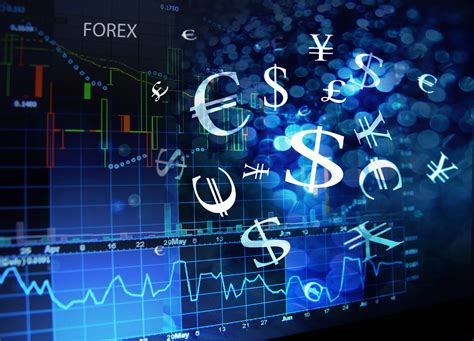Investors worldwide are currently on a rollercoaster ride, with the Australian stock market, known as the ASX 200, being no exception. The recent ups and downs in the market have been heavily influenced by international events, particularly the ongoing tariff threats between economic giants like the US and China.
In a surprising turn of events, the ASX 200 made a significant recovery on Tuesday after experiencing its worst session in five years just the day before. The benchmark S&P/ASX 200 saw a remarkable surge of more than 2%, marking its most substantial one-day gain in over two years. This unexpected rebound provided a glimmer of hope for investors who were bracing themselves for further turmoil amidst escalating trade tensions.
Investor Sentiment
The abrupt shift in market sentiment highlights the volatility and unpredictability that characterize today’s global economy. Despite looming uncertainties surrounding potential trade wars, investors demonstrated resilience by re-entering Australian shares in droves during this tumultuous period.
Experts and fund managers have been closely monitoring developments between the US and China, eagerly awaiting signs of de-escalation in their tariff disputes. Chris Weston, head of research at Pepperstone, emphasized the significance of Trump’s tariff threats against China as a pivotal risk factor for traders navigating these turbulent waters.
Market Speculation
As news of retaliatory tariffs from major trading partners reverberated across financial markets, speculations arose regarding Trump’s true intentions behind these aggressive trade postures. Traders found themselves grappling with uncertainty over whether these threats were mere negotiation tactics or harbingers of an imminent full-blown trade war scenario.
Analysts pointed out that if global trade relations deteriorate further, there could be dire consequences such as an impending recession and liquidity constraints reminiscent of those witnessed during earlier crises. This grim forecast has left both seasoned investors and novices alike treading cautiously amid mounting economic pressures.
Australian Market Dynamics
Amidst this backdrop of international turmoil, Australia’s stock market remains intricately intertwined with global forces that sway investor confidence. Recent movements in the US futures market notably played a crucial role in propelling the Australian benchmark higher during Tuesday’s trading session.
With Australia’s benchmark index closing positively at 7,510 points on Tuesday—an impressive 2.3% increase—it signaled a shift in sentiment following previous uncertainties that had plagued share prices just days before. This newfound optimism offers a glimmer of hope for local investors seeking stability amidst worldwide economic turbulence.
Currency Fluctuations
The fluctuating value of the Australian dollar has also been under scrutiny as it mirrors broader market trends impacted by geopolitical developments. While the currency showed signs of resilience with late afternoon trading hovering around US60.5c—a notable rebound from earlier lows—it still languished below pre-tariff announcement levels due to lingering market jitters.
For Australians looking to navigate these currency fluctuations intelligently, understanding how exchange rate variations can impact travel expenses and consumer purchasing power is crucial knowledge during times of heightened financial instability.
Long-Term Investment Strategies
Insights from State Street Global Advisors shed light on how institutional investors strategically positioned themselves ahead of critical tariff announcements to mitigate risks associated with heightened market volatility. By reallocating assets towards safer havens like bonds and cash while reducing exposure to equities pre-turmoil, long-term investors demonstrated prudent risk management practices amidst uncertain economic climates.
As global markets continue to grapple with ongoing geopolitical tensions and economic uncertainties…

